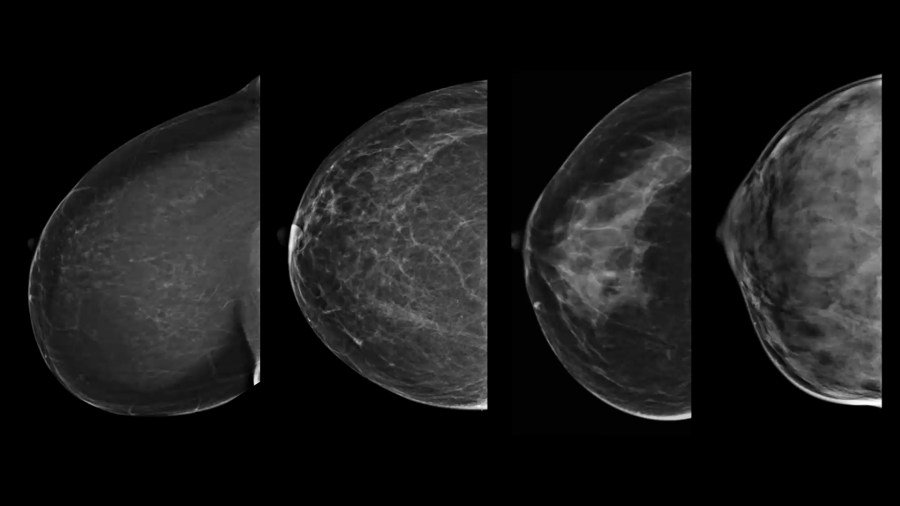TAMPA, Fla. (WFLA) — A recently announced regulation from FDA will set national guideline for breast density reporting following mammograms.
Jessica Baladad understands the risk factor of dense breasts.
“I had been in the habit of doing self exams since I was 18,” she said.
That is because, as a teenager, Baladad learned she had dense breasts.
Then, during a self exam at 33, she found something in the shower.
“I went over the right side, everything was okay. I went over the left side, got into the about 2, 3 o’clock position and I felt a lump,” she said.
Because of Baladad’s knowledge about her own body, she caught her cancer.
But, she says, a practitioner had actually missed it.
“I went back and actually got my records and she marked them as normal,” she said.
During the COVID-19 pandemic, when a lot of people were skipping their cancer screenings, Baladad created the app “Feel For Your Life,” to teach women how to do self-exams.
She is in support of new federal regulations mandating reporting on breast density, as is
Moffitt Cancer Center Section Chief of Breast Imaging Dr. Bethany Niell.
“I think that it will empower women to know more about their breast cancer risk factors including density,” said Dr. Niell.
A breast is considered dense when it is high in fibrous and glandular tissue rather than fat.
In America, half of women over the age of 40 have dense breasts which can impact detection.

“It’s more difficult to find a breast cancer on the image on the far right because the tissue can make it harder for us to see the cancer,” said Dr. Biell.
Patients with dense breasts are also at higher risk of developing cancer.
The new FDA rule will set a nationwide standard for informing women of their breast density following a mammogram, which Dr. Niell recommends yearly after the age of 40.
“When you are notified of your breast density, it is your reminder to go and make an appointment with your health care provider, talk with them about all your risk factors,” said Dr. Niell.
Moffitt Cancer Center already provides breast density information to patients as Florida does have legislation on the books.
The FDA rule goes into effect in 2024.






